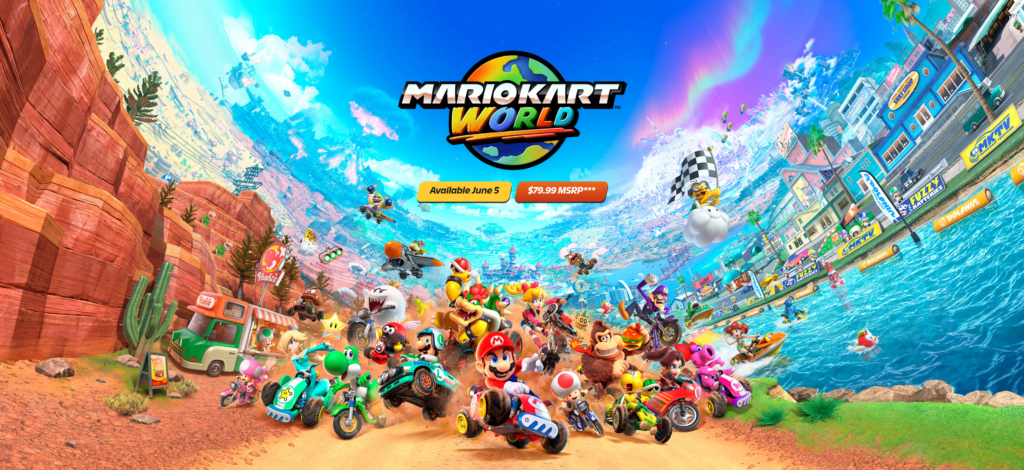It’s finally here—the Nintendo Switch 2. Gamers around the world waited years for this console. Rumors swirled, excitement brewed, and now that it’s hit store shelves, the excitement has turned into… sticker shock?
Many gamers say that while they are willing to pay a reasonable price for a console, excessive game prices are causing them to reconsider purchases.
The price hike hasn’t gone unnoticed. New titles like Zelda: Echoes of Hyrule and Mario Galaxy Rift retail at $79.99—nearly $20 more than the average title during the original Switch era. Gamers are frustrated, and the finger-pointing has already started.
So, What’s Driving the Price Hike?
On the surface, it looks like standard inflation or maybe even corporate greed. But dig deeper, and geopolitics enters the chat.
Earlier this year, former President Donald Trump—now back in the political spotlight—pushed forward new tariffs targeting tech and electronics from Japan, citing trade imbalances and national security concerns. While aimed at broader economic goals, these tariffs have directly affected Japanese companies like Nintendo.
Gamers blame Trump’s tariffs for Nintendo’s price hikes, seeing it directly impacting their wallets due to increased import costs.

The Gamer Backlash
The gaming community is not taking it lightly. Reddit threads are flooded with complaints about the prices. Some accuse Nintendo of using tariffs as an excuse to increase profit margins. Others are demanding more transparency.
Gamers feel exploited by near-$100 game prices for short playtime, questioning if the console truly caters to them.
And it’s not just about the cost of new games. Fans also noticed that digital versions aren’t much cheaper, eliminating the age-old argument that packaging and shipping contribute to pricing. Even indie games have sometimes crept up to $40 or $50.
What’s Next?
With an election year heating up, there’s no telling if tariffs will remain in place or get rolled back. In the meantime, Nintendo is stuck trying to balance profitability with fan loyalty. And fans? They’re speaking with their wallets.
Sales data suggests that some high-priced games aren’t performing as expected in the U.S. market, hinting that the pricing strategy may backfire.
Despite their Nintendo loyalty, gamers feel pushed too far by costs, emphasizing they’re fans, not endless wallets.






